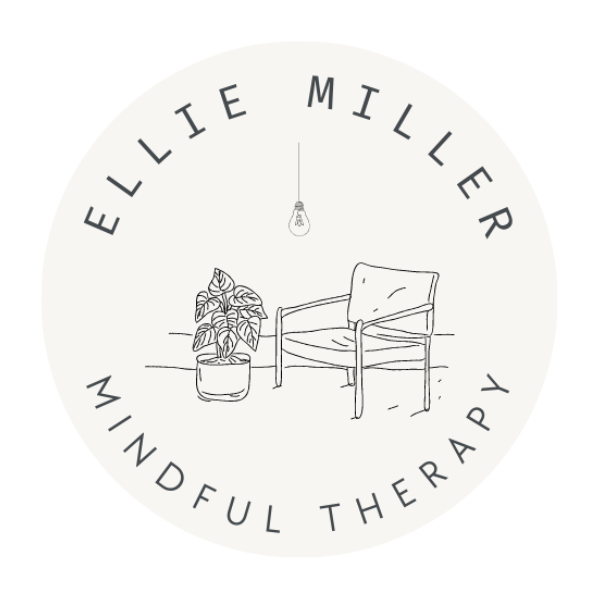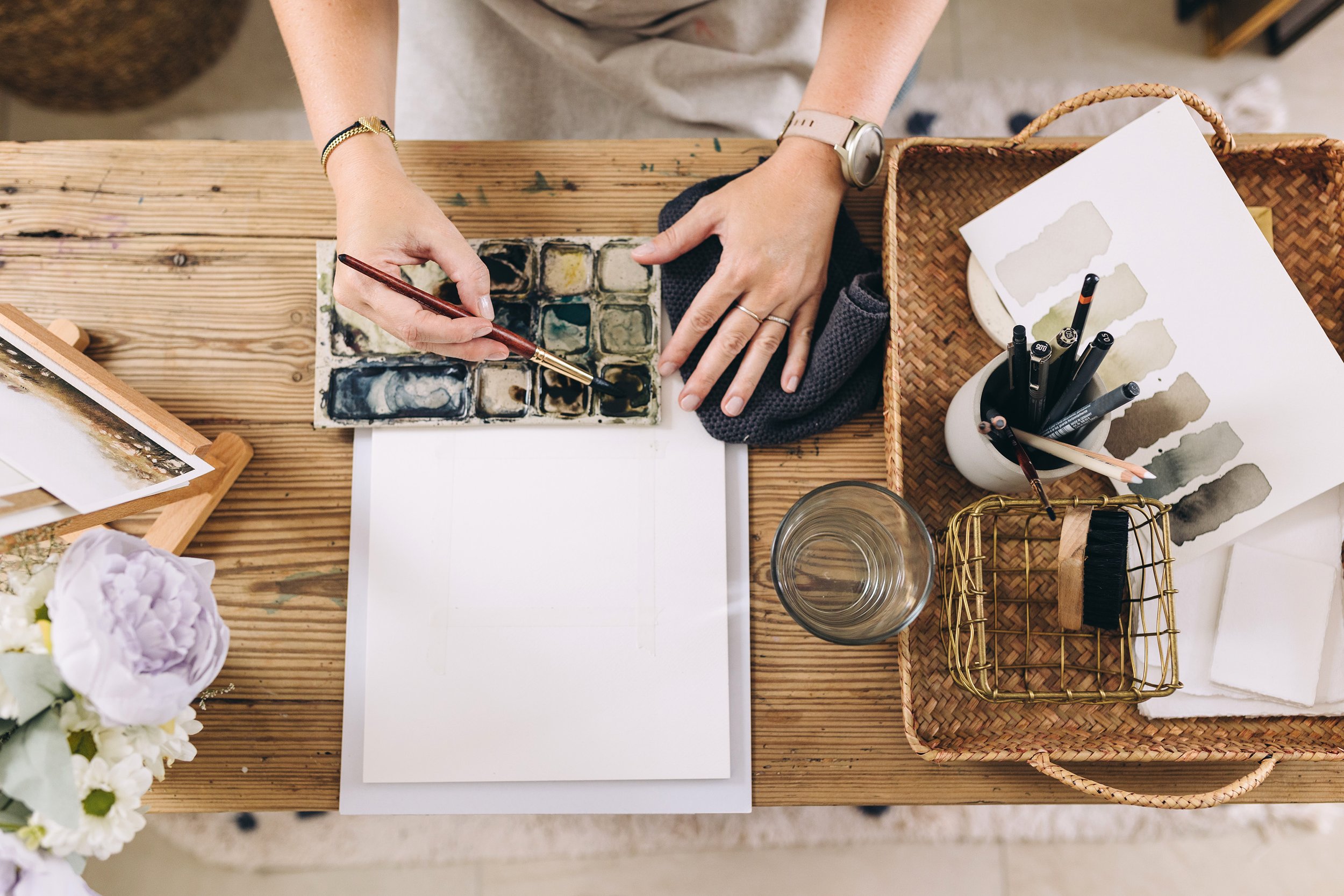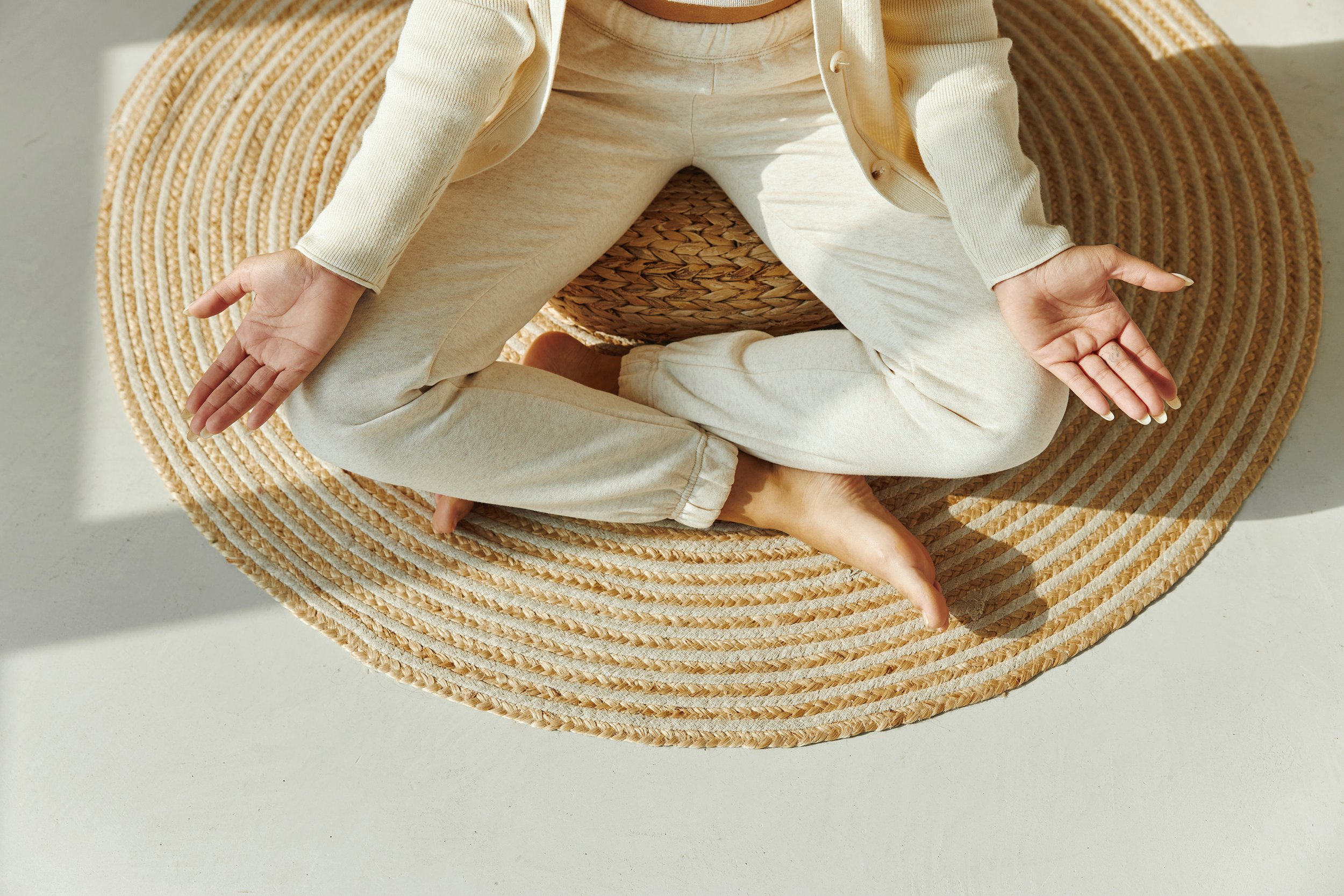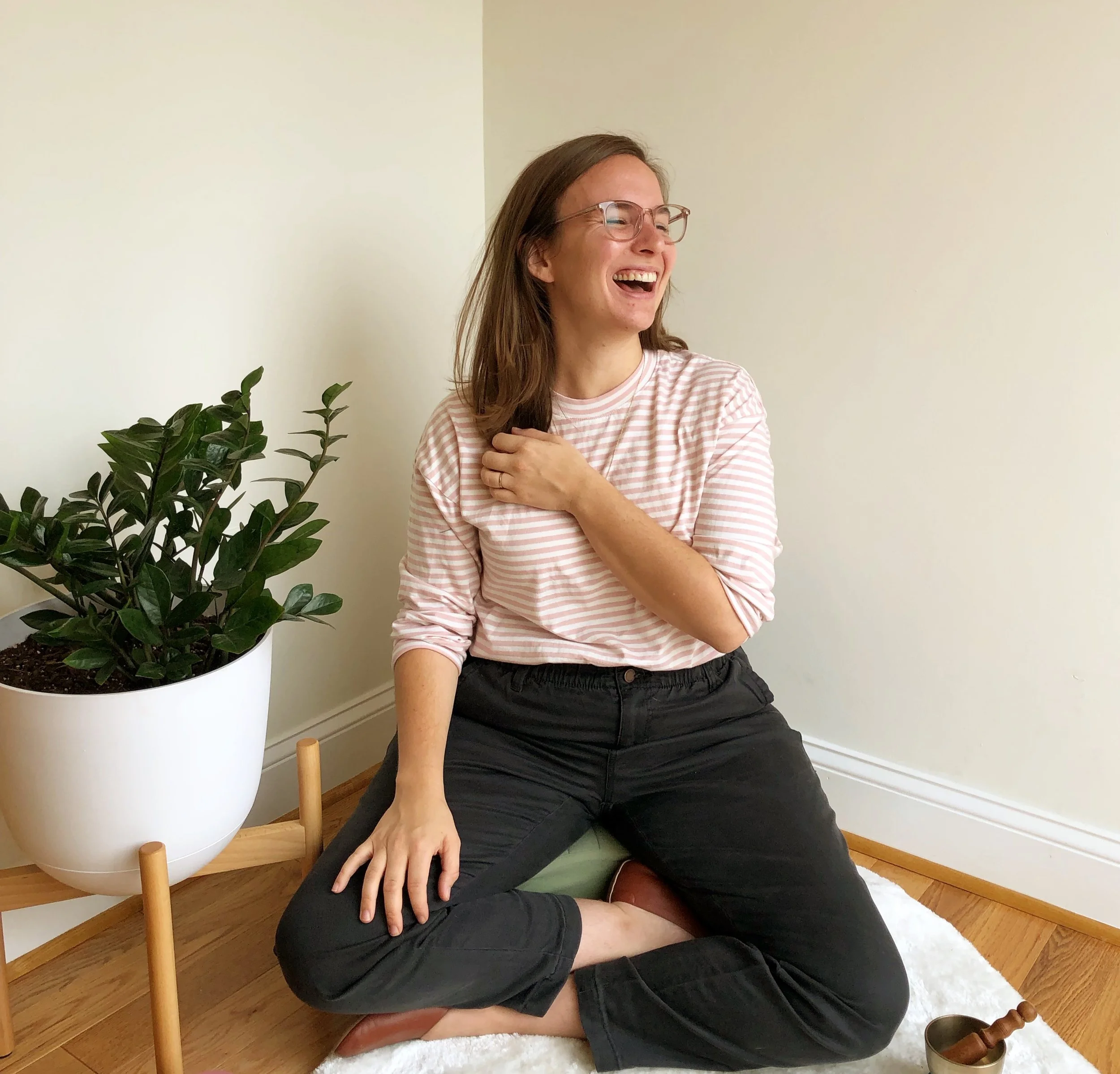When Anxiety Hacks Don’t Cut It: Building a Toolkit For Lasting Change
We all love a good life hack, right? Those quick tips and tricks that make life easier in a snap. But when it comes to the really big stuff—like managing anxiety, overthinking, and people pleasing—those hacks aren't always enough.
That's where the power of daily practice and real-deal-deep healing come into play.
It's about striking that perfect balance between the quick fixes that help in the moment and the ongoing practices that promote lasting change.
Whether it's mindfulness, creative expression, or deep mindset shifts, investing in these foundational elements of healing can truly transform our lives, providing stability, growth, and resilience. Ready to take a look at some foundational changes that are ABSOLUTELY worthwhile?
“It’s all about striking a balance between quick, on the spot fixes and ongoing practices that promote lasting change.”
A Strong Foundation Is Essential in Managing Anxiety
Think of daily habits, or what some might call foundational skills, as the slow-and-steady approach.
Take meditation for managing anxiety, for example. It's not a one-and-done deal. Instead, it's like going to the gym regularly; you're working out your mind, strengthening it over time. Just as consistent weight training builds muscle, daily meditation practice fortifies mental resilience, allowing you to lift life's heavy burdens more easily.
Foundational skills are the gym routine for your emotional and relational well-being. They require time and consistent effort, but they build strength, endurance, and flexibility over time.
These slow-and-steady practices are the robust workouts needed for lasting, meaningful growth.
6 Benefits of Foundational Habits: Building Strength for the Long Haul
Foundational habits aren’t about instant results but about gradual growth, resilience, and deep transformation. Here's why they're so powerful, and oh-so worth the time:
Long-Term Resilience
Just as consistent exercise builds physical strength, foundational habits like meditation, journaling, or daily gratitude practices cultivate emotional resilience. They enable you to face life's ups and downs with a steady hand and a calm mind.
Deep Understanding
Investing time in practices like mindful reflection helps you understand yourself better. You become more attuned to your needs, feelings, and triggers. It's like training with a coach who helps you recognize your potential and weak spots.
Improved Relationships
Foundational habits aren't just about self-improvement; they're about relationship-building too.
Enhanced Well-being
Just like nutritious meals and a balanced workout routine nourish your body, foundational practices nourish your overall well-being. Regularly engaging in activities that bring joy, fulfillment, or relaxation contributes to a holistic sense of health and happiness.
A Sustainable Path
Quick fixes or hacks might provide temporary relief, but foundational habits create lasting change. They're the ongoing commitment that ensures continuous growth.
Enhanced Ability to Use On-the-Spot Strategies
By practicing foundational habits, you also enhance your ability to utilize on-the-spot strategies effectively. It's like a seasoned musician flawlessly performing a complex piece because of the countless hours spent rehearsing.
8 Ways to Build A Strong Anxiety Management Foundation
Daily Mindfulness Meditation
By focusing on the present, mindfulness meditation helps in building a foundation for managing anxiety. Regular practice not only breaks the cycle of worry but also equips you with the ability to handle anxiety on the spot.
Having a foundational mindfulness practice makes it easier to recognize and respond to stressors immediately, leading to a more balanced and controlled reaction to anxiety as it arises.
2. Regular Journaling
This practice involves recording thoughts, feelings, and experiences on a regular basis. By putting pen to paper, you can create a space to reflect and analyze, helping in understanding and managing anxiety.
Daily journaling builds a foundation that allows you to recognize patterns and triggers in your anxiety, making it easier to address them on the spot. This consistent practice provides both immediate insight and long-term perspective, enabling more controlled and conscious responses to anxiety as it occurs.
3. Mindset Shifts
Changing the way you think can unlock new paths and perspectives. Whether it's adopting a growth mindset or fostering resilience, mindset shifts can be vital tools in life's journey.
They might not be quick fixes, but they can lead to lasting transformation. Embracing mindset changs requires patience but can yield rich rewards in personal growth and success.
4. Healthy Lifestyle Choices
Embracing a comprehensive approach to well-being, holistic health routines encompass physical, mental, and emotional care. By nurturing all aspects of yourself, you create a balanced foundation that aids in managing anxiety.
Regular exercise
Quality sleep
Spiritual practices
Limiting caffeine/alcohol
Social connections
Time management
Healthy boundaries
5. Getting Clear on Values
Understanding and aligning with your core values can be a powerful tool in managing anxiety. By taking the time to explore what truly matters to you, you create a solid foundation that guides your thoughts and actions. This alignment fosters a sense of purpose and clarity, helping you navigate life's challenges, including anxiety, with greater ease.
Knowing your values allows you to recognize and respond to anxiety on the spot, using them as a compass to steer through stressful situations. This practice encourages consistency between beliefs and behavior, leading to a more balanced and authentic response to life's ups and downs.
6. Creative Expression
Engaging in artistic or creative activities can be a foundational practice for managing anxiety. Whether it's painting, writing, dancing, or any other form of artistic endeavor, creative expression allows for an outlet to explore and channel emotions.
It provides a way to articulate feelings that might otherwise be difficult to express.
Regularly tapping into creativity builds a connection to your inner self, enabling you to recognize and work with anxiety on the spot. By turning stressors into creative energy, this practice can lead to a more balanced and mindful approach to life's challenges, offering both immediate relief and ongoing emotional resilience.
7. Understanding Triggers
Knowing what sets off your anxiety is like having a roadmap. By having a deep understanding of specific triggers, you can plan strategies to cope with or avoid them, making your daily life more manageable.
8.) Building a Compassionate Relationship with Yourself
Being kind to yourself isn't just a nice idea; it's essential in managing anxiety. Treat yourself with the same patience and understanding you would a good friend.
Self-compassion can reduce stress and promote a more balanced outlook, helping you navigate life's ups and downs with a calmer perspective.
“On-the-spot strategies have their place, but they need to be balanced with consistent daily efforts that build and nurture our mental and emotional well-being. ”
Need More Support?
Therapy Is all About Personalizing Your Toolkit Towards Balance and Growth.
While the tools and strategies outlined here provide a nice starting point for personal growth and healing, the beauty of therapy is that it offers a personalized and nuanced approach to this journey. Working with a therapist allows you to dive deeper into your unique challenges, needs, and goals and tailer tools and interventions specifically to meet your needs.
Therapy provides a safe and supportive space to explore, experiment, and discover what truly resonates with your heart and mind. It's about taking these foundational practices and on-the-spot strategies and molding them into a customized toolkit that aligns with your individual path towards wellness and contentment 😎
Bottom Line: It's a Journey, Not a Sprint
Growing, healing, and strengthening our relationships isn't about sprinting to the finish line. It's a journey—one that takes time, care, and a whole lot of patience.
It's totally normal to want those quick answers, especially when things feel tough. But real change takes time, and that's more than okay; it's the way it's supposed to be.
And if you ever feel frustrated or stuck, know that you're not alone. We're all in this together, growing stronger every day, one small step at a time. It's a beautiful journey, and you've got what it takes to make it.
Hi! I’m Ellie, a Baltimore based private practice therapist offering online therapy to empathetic women & couples in Maryland.
If you want more anxiety tools and tips from my private practice, straight to your inbox, join The Detangler, my weekly lighthearted newsletter. If you live in Maryland or Virginia, reach out to see if we’re a good fit for therapy!








